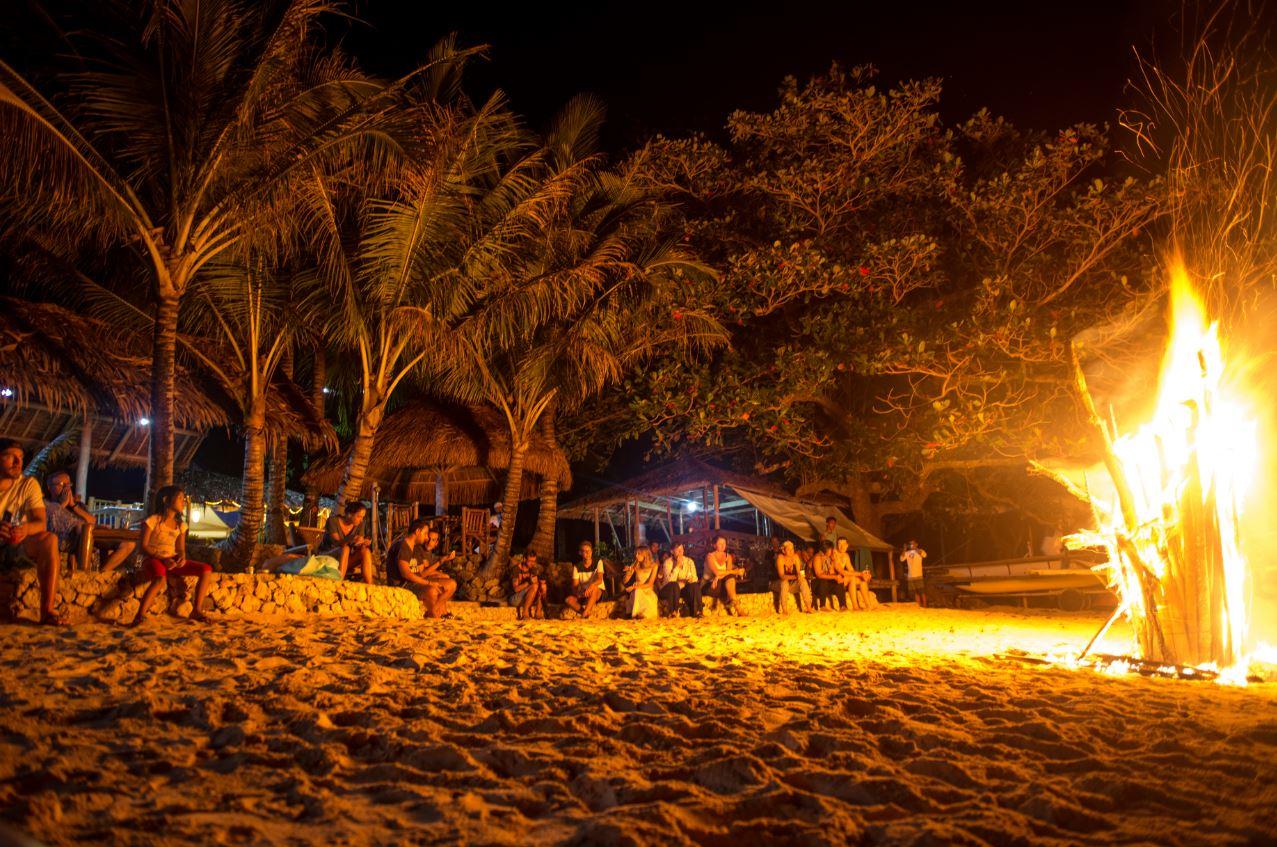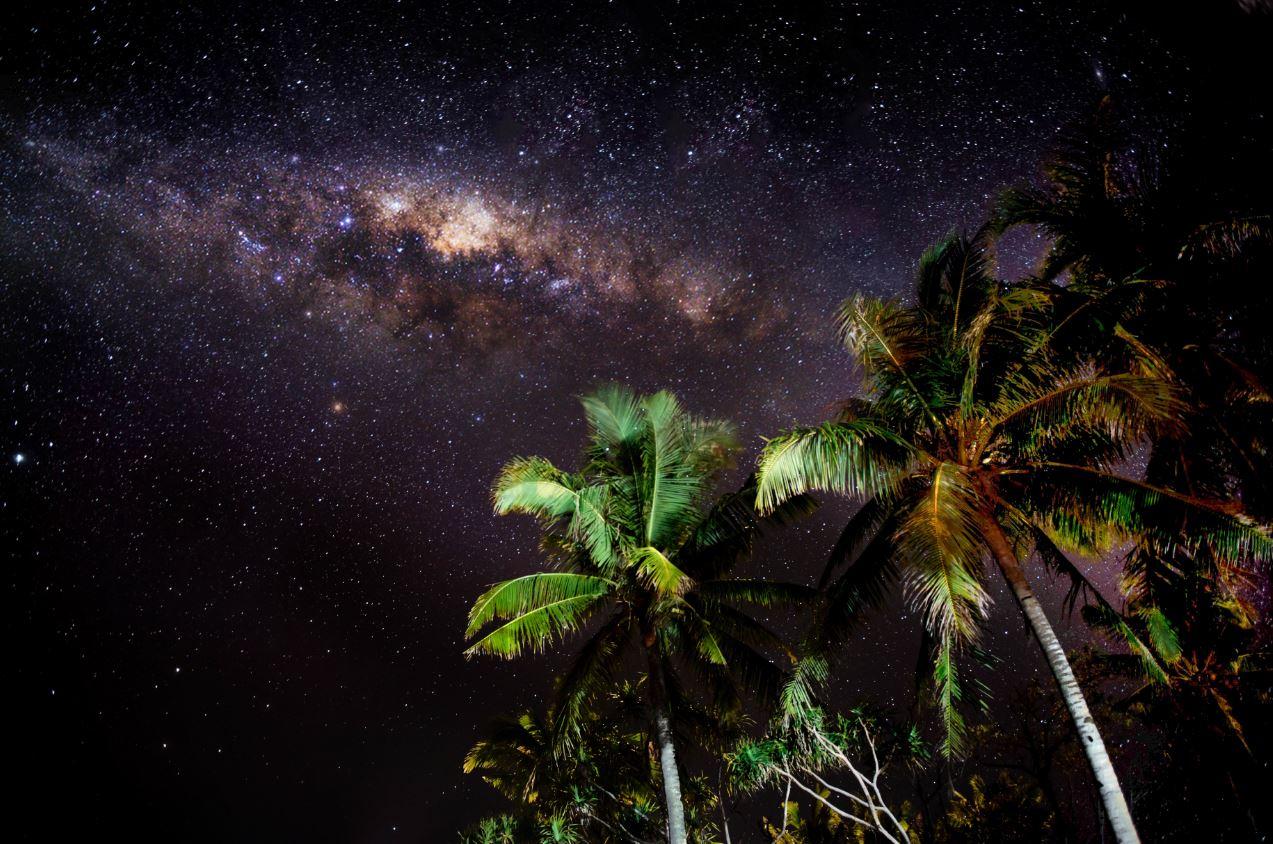The Independent's journalism is supported by our readers. When you purchase through links on our site, we may earn commission.
Boat races and building your own shelter: An island-hopping Philippines adventure challenge
Forget fly-and-flop beach breaks. A new breed of holiday pits you against other travellers and pushes you to the limit
Your support helps us to tell the story
From reproductive rights to climate change to Big Tech, The Independent is on the ground when the story is developing. Whether it's investigating the financials of Elon Musk's pro-Trump PAC or producing our latest documentary, 'The A Word', which shines a light on the American women fighting for reproductive rights, we know how important it is to parse out the facts from the messaging.
At such a critical moment in US history, we need reporters on the ground. Your donation allows us to keep sending journalists to speak to both sides of the story.
The Independent is trusted by Americans across the entire political spectrum. And unlike many other quality news outlets, we choose not to lock Americans out of our reporting and analysis with paywalls. We believe quality journalism should be available to everyone, paid for by those who can afford it.
Your support makes all the difference.It started with just one drop, then very quickly a million more followed. The sound of rain hurtling through palm trees and thudding into the sand beneath my hammock was as effective as any alarm, and before I knew it, at 3am, I was wide awake.
It rapidly dawned on me that the shelter I’d built for myself wasn’t quite up to scratch – and I was getting seriously wet. Unsure how to react, I looked around for inspiration and realised I wasn’t alone. It turned out most of the group I was travelling with were equally useless at building a shelter. On this island in the Philippines, in this most unfamiliar of predicaments, we all reacted the only way we could – we laughed.
This abrupt awakening was the conclusion to a long, testing day – the third of nine spent sailing around the practically untouched islands off the popular tourist destination of Borocay in central Philippines. The day had started with nine teams made up of varying nationalities, backgrounds and ages racing from one palm tree-covered island to another, sailing aboard a traditional tri-maran boat called a paraw, which skimmed over turquoise blue seas.

The Philippines Sailing Challenge is the creation of Large Minority, a company which has been organising tuk-tuk races across Sri Lanka and Cambodia, and from March this year will also have groups boating down the Amazon. The concept of their trips sees teams not only race, but compete against each other over various other challenges that test competitors and encourage interaction with the local community. Points and times are totaled up during the trip and a winning team is crowned at the end.
That third day, we arrived on a picture-postcard white-sand beach thinking the day’s race was over, only to be informed the clock was still ticking. We still had to locate the market and bring back ingredients to make ourselves a traditional dinner. So off we went – no map, little money and some optimism.
Having just enjoyed a cool breeze aboard the paraw, it was easy to forget the humidity and searing sun baking the Philippines. Sweaty, confused and dirty, a ride into the nearest town on the back of a local’s motorbike was agreed. We haggled over unrecognisable vegetables to make a dish never before cooked and returned to camp, where the clock was eventually stopped. But still the challenge wasn’t over.

It was then time to make a bed for the night – stringing hammocks between palm trees, ensuring they were adequately covered (which, as it turned out, most weren’t) and decorating them. One team built a bamboo structure that looked as though it could withstand a storm (a test which it successfully passed later that night), however most teams focused on style over substance. One spent their time building a bar made from a surfboard and another constructed a bowling alley with coconuts for balls and empty beer cans for pins.
What just a few hours earlier was little more than a clutch of palm trees on a beach had become a humming village that could sleep 25 people. The shelters were then judged and points awarded, before an assessment of the dinners (of greatly varying quality), which had been cooked over little fires under nothing but the moonlight and glow of mobile phone screens.

This was how the majority of the nine days of the trip were spent – race, challenge, relax, drink, eat and sleep (when not getting wet).
The adventure travel market is among the fastest growing in tourism, perhaps thanks to TV shows such as The Island and I’m a Celebrity, in which participants are pushed to their limits – both physically and mentally. It seems for increasing numbers of people lying on a beach for two weeks just doesn’t cut it anymore. They want to be tested, and pushed.
Among the lures of such getaways is the promise of getting under the skin of a country. Each team on this trip – made up of either two or three people – had a designated paraw manned by a local captain and three members of crew (which meant, thankfully for me and most of the others, no sailing experience was required to take part).

The time at sea together – usually three or four hours, depending on the wind – led to genuine friendships being formed. The bonds were then reinforced when teams stayed at the home of their captain. One team slept in a small house on the beach, another in a treehouse-like construction overlooking paddy fields, while I was welcomed into a simple home buzzing with the energy of the captain and his family’s unbearably cute young children. It allowed those on the trip to better understand another way of life – almost certainly one that was simpler than their own.
Then there is the adventure itself. Sailing conditions varied wildly – switching between tranquil, when one could marvel at the clarity of the blue water and admire the beauty of the islands from afar, to rough, when high winds and huge waves meant holding on tight – or risk being swept from the boat.
On the green islands we jumped from rocky cliffs into the clear water below, caught fish for our dinner and for those who dared (I admit, my partner took one for the team) ate a balut – a local delicacy consisting of a hard-boiled egg with a fully formed chick in it. Fancy dress days and imaginative photo and video tasks only added to the brilliantly organised chaos.
This kind of travel isn’t for everyone – some might not like the exhaustion, uncleanliness and uncertainty of what’s in store. But the rewards that come with challenging oneself, immersing yourself in an unfamiliar culture and daring to try new things is worth it.
Travel essentials
Getting there
Manila is served by carriers including Philippine Airlines, Emirates, Malaysia Airlines and Turkish Airlines.
From there take an internal flight to either Caticlan on Cebu Pacific or Kalibo on Air Asia. Local transfers can be arranged upon arrival to take you to Borocay.
Adventuring there
Large Minority’s next Philippines Sailing Challenge takes place 22-30 April. The price starts at £1,452 per person (based on a team of three), including accommodation, most meals, boats, crew, training and sailing lessons, plus all essential equipment.
More information
itsmorefuninthephilippines.co.uk
Click here to view Asian tours and holidays, with Independent Holidays.

Join our commenting forum
Join thought-provoking conversations, follow other Independent readers and see their replies
Comments